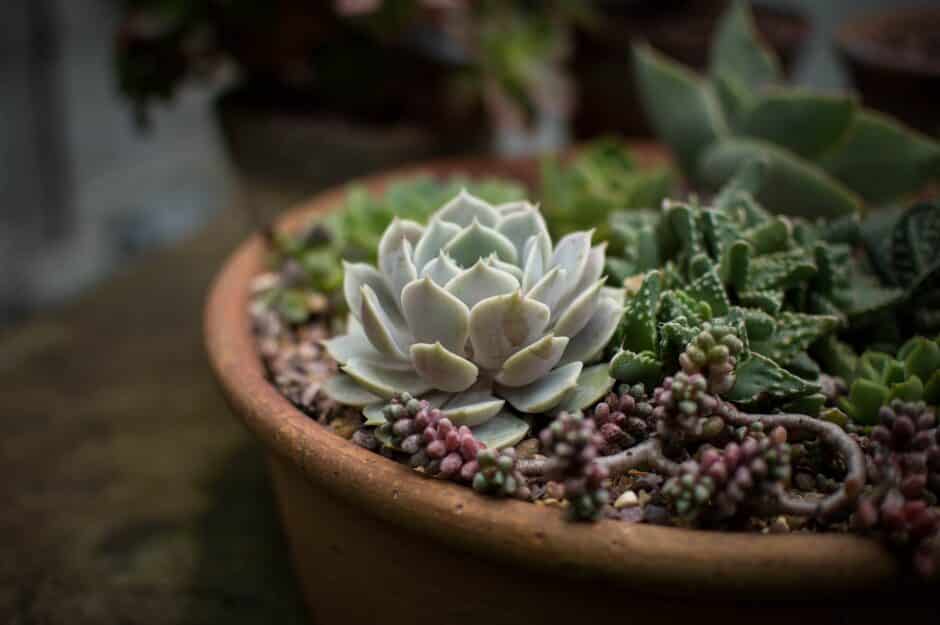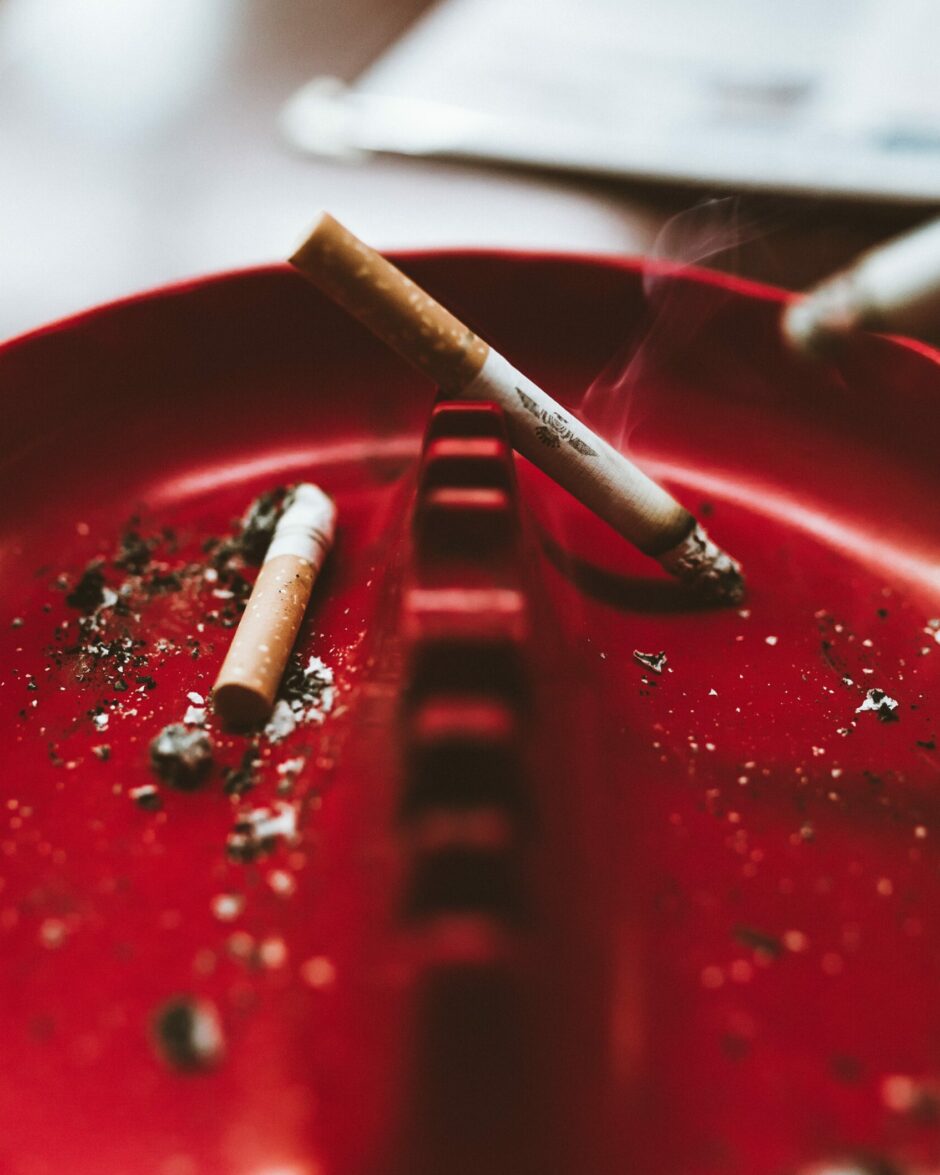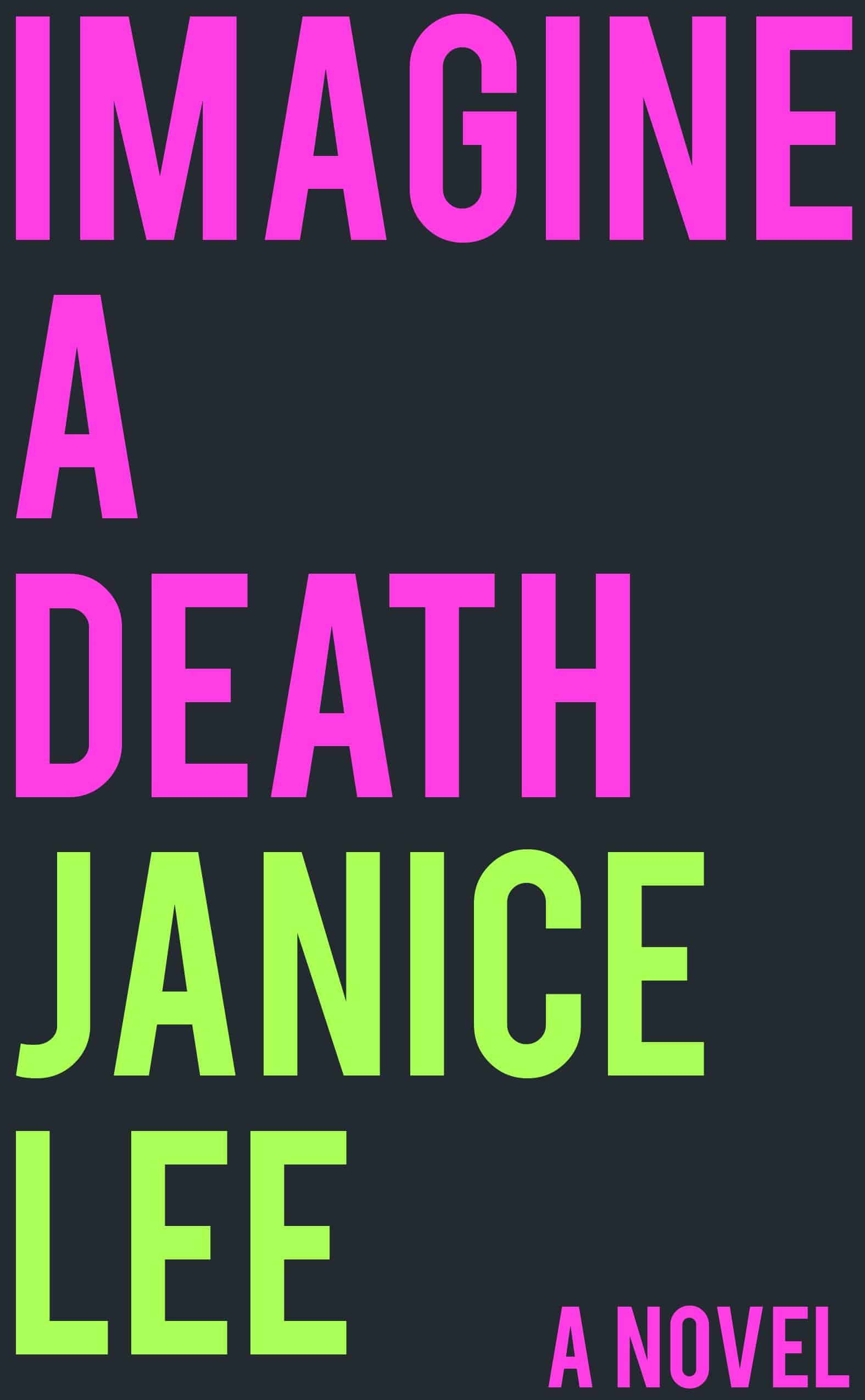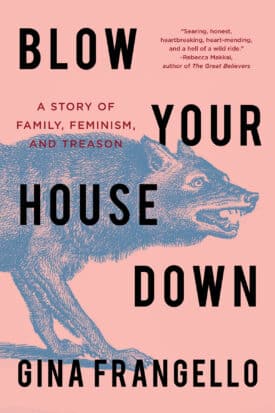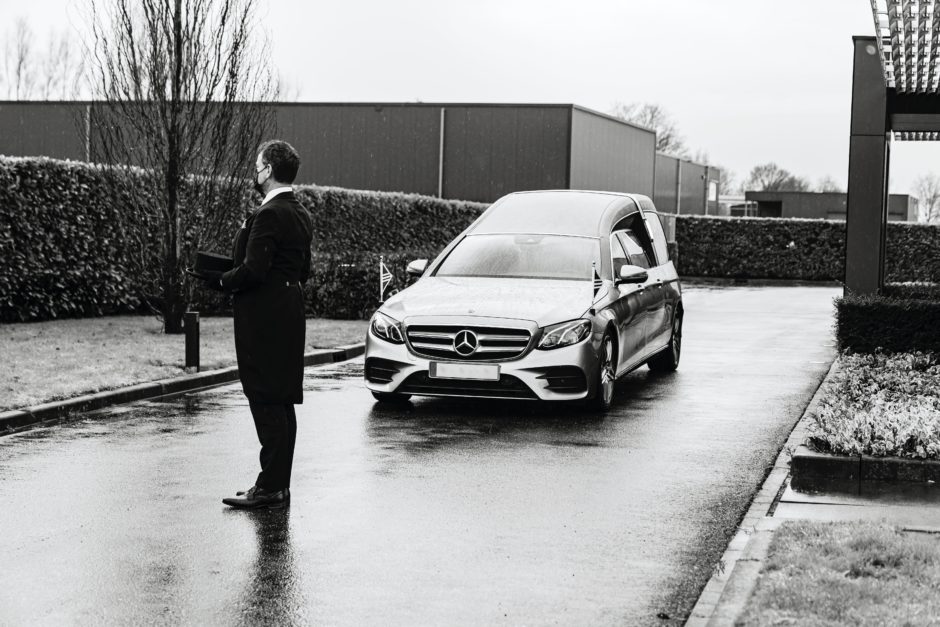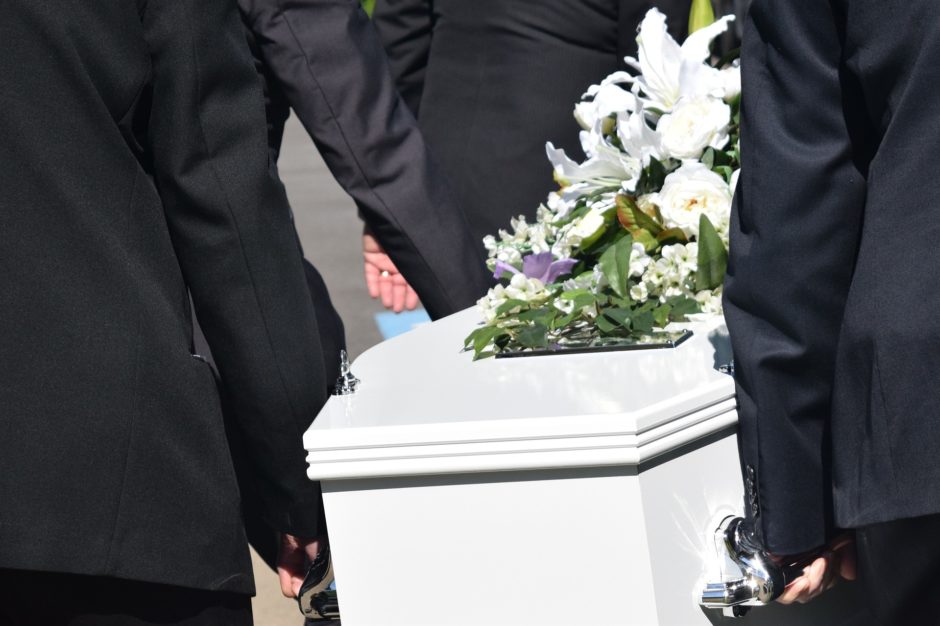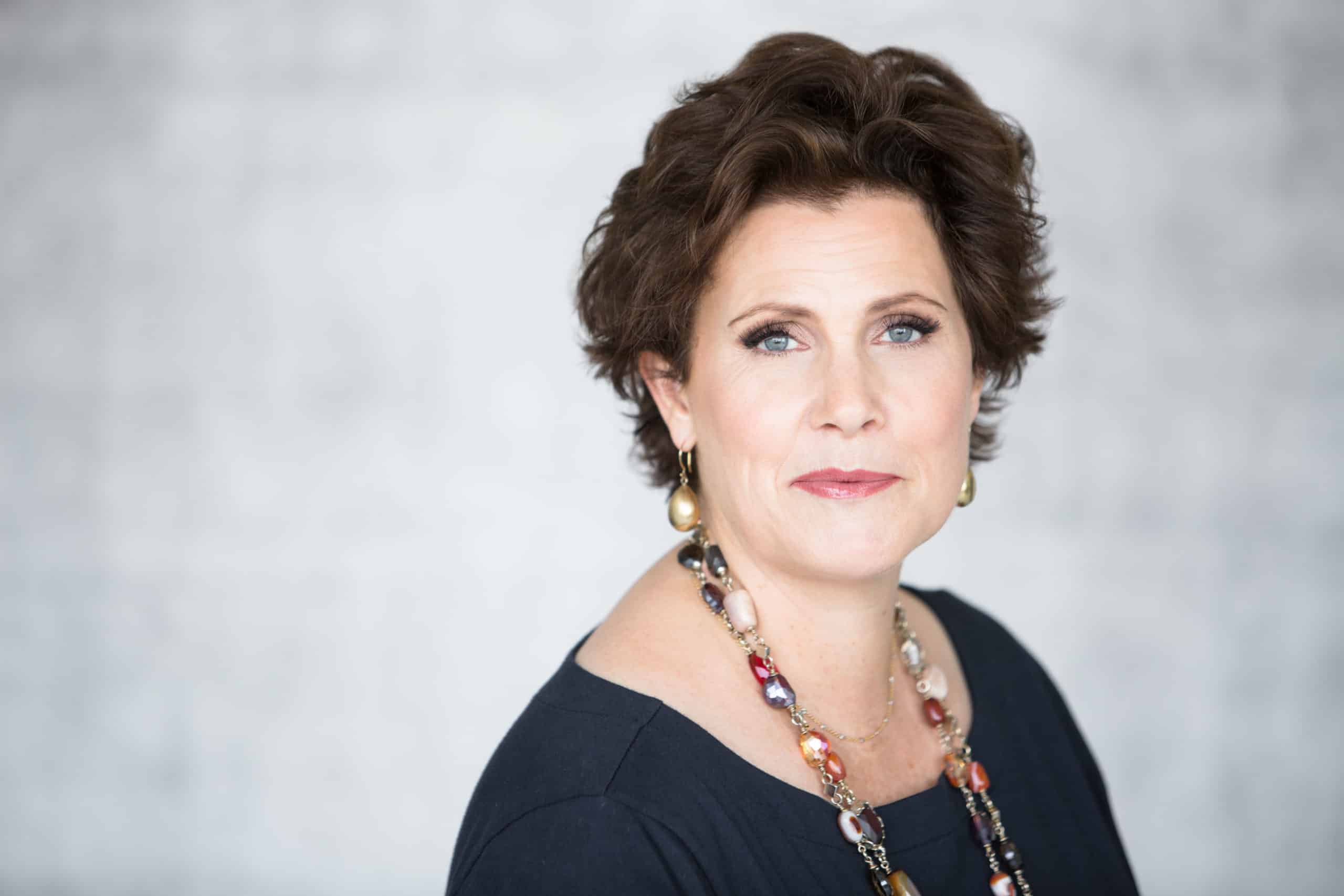Her name was Mary and we met in the summer of’66. Our afternoons and evenings often consisted of sitting in my Pontiac GTO and admiring the Pacific Ocean. We would listen to The Beach Boys on the radio and watch the waves roll in. It felt like we did this at virtually every beach and lookout from Santa Barbara to San Francisco.
I would pick her up from her parents’ house and try to avoid any confrontation with her strict, war veteran Father. I got the feeling he had seen some things during his time in Okinawa.
Mary would usually bounce to the door in happy contrast to her solemn Father. Her collection of summer dresses was impressive for a girl who just worked the odd shift at the local diner.
Open the door for her, get inside, awkwardly wave goodbye to her Father, turn the radio on and drive away. We never really knew what spectacular coastal scenery awaited us each time. Nor did we know how long we would be gone. This may have explained the stern look her Father would give me each time.
We were too scared to show any signs of affection in the vicinity of her house. Inevitably, she would place her hand on my thigh as we drove. This was the sign to pullover, so we could finally share that much anticipated kiss. Intensity and affection seemed to grow with each meeting of our lips and each chapter we added to our summer adventures. We were in love and the salt air just magnified our lust for each other.
Despite our love for the Pacific, our most memorable date came when we visited the Giant Redwoods of Sequoia National Park. We felt so small and insignificant holding hands as we stood beneath those giants. It was like the outside world ceased to exist. Mary’s love for squirrel-watching was infectious, and she soon converted me to this hobby of hers. She fell in love with my cheesy, over-the-top commentary, as our squirrel friends chased each other around trees. They seemed ever-present during our day, as if along for the adventure. Curious observers to our love and laughter.
We made love for the first time that day. It was not planned, though our escapades rarely were. I’m not one to kiss-and-tell, but it was perfect. Our happiness and closeness seemed to reach whole new levels.
Not everyone shared our new heights of happiness though. My best friend, Sam, had got drafted just before summer. My friends held a broad range of opinions about the war, from wanting to flee to Canada, to immediately volunteering upon enlistment age. With Sam’s departure, Mary and I found ourselves increasingly adrift on our own island. A place seemingly separated from the outside world and all the chaos it contained.
Our island was not exempt from invasion. I was drafted too. This news created a heightened level of intensity and urgency with our time together. I proposed at our favorite spot overlooking Monterey Bay. I was rather nervous. My legs were so jelly-like, I briefly lost balance when down on my knee. Mary laughed before giving me an enthusiastic “Yes!”
We would get married once I returned. It gave us both something to look forward to in turbulent times. Saying goodbye to her was more difficult than I had imagined. Still, ever the optimists, we focused on the good things, like our future wedding, the summer we just had and the letters we would write. Mary also gave me a gift. She said it would be my good luck charm. It was a small, handmade wooden squirrel.
***
The boys had been teasing me about the squirrel Mary gave me. They had nicknamed him Gilroy, after my birth place. A glance Gilroy’s way and I was immediately transported from the battlefields and into the embrace of Mary.
Gilroy went missing at some point during my platoon’s transfer to Khe Sanh.
I have felt particularly uneasy ever since. He had previously brought us the luck Mary promised. He is not the only one ‘Missing in Action’ from my platoon in recent weeks.
I got news that Sam had been sent home for shrapnel wounds to his leg. I’m now starting to hope for something similar. Nothing too serious, just something to get me that ticket home. I miss Mary. I miss that summer we shared. I miss Gilroy. I now understand the pain behind her Father’s eyes.
***
“I baked a cake last week for your birthday. Cheesecake. Even had some raspberries on top. Remember that time you jumped over that man’s fence to steal some raspberries for me? And how you tore your sweater jumping back over? Oh, Robbie, you’re such a clutz. My clutz. Why did you have to go fight that stupid war?”
A light sea breeze blew Mary’s hair over her face as she stood clutching a small bunch of flowers.
“Why couldn’t we just make that summer last forever?”
A tear slid down her face, as she caught glimpse of a squirrel scampering over a headstone in the distance.
“How am I meant to look at a darn redwood again?” she laughed, momentarily composing herself.
Mary knelt down, placing the flowers on the ground. She gently kissed her fingers and rested them atop Robbie’s grave.
“I love you”
She walked back to her accompanying Father and placed her arms around him.
He kissed her forehead, before gesturing to their car.
“I’ll be with you in a minute, love”
Mary’s Father stood in silence, before standing at attention, raising his right hand sharply, and saluting.
Ellen McDarby in England with her pug, Rupert. She has previously written love letters, shopping lists and notes to said dog Rupert. When not writing, she can be found perusing old bookstores, sipping cups of tea and going for walks in nature.
***




